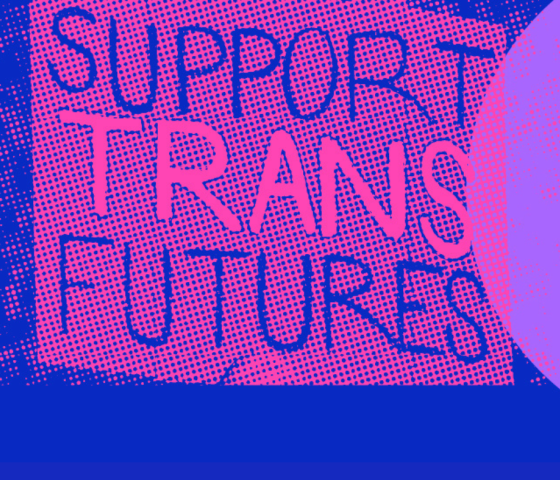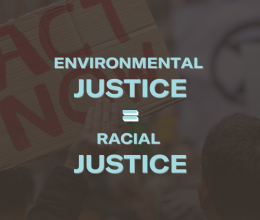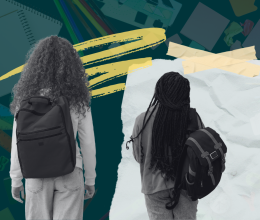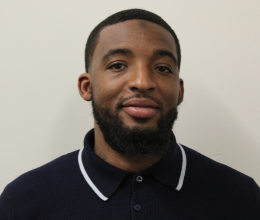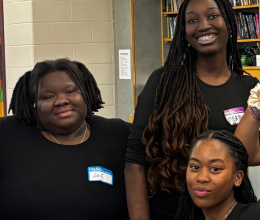STAY IN SCHOOL PROJECT EXPANDS ITS IMPACT
Isaiah is a typical middle school student. He loves music and movies, enjoys spending time with his friends, earns pretty good grades in his classes, and says he wants to start his own business when he grows up. Isaiah also has mild Asperger’s, which increases his likelihood of being suspended and ultimately being pushed out of school.
School push out is a growing problem for kids everywhere, especially for those with disabilities or who are racial minorities, students who come from low-income families, and students who have experienced any sort of trauma at home, like living with an alcoholic parent.
Besides demographics, there are other factors that can combine to create the “perfect storm” that encourages school push out, such as high-stakes testing, excessive policing and zero-tolerance policies. Here in Delaware, we have seen an increasing number of suspensions and expulsion where less harsh, more restorative methods of discipline could have been easily used instead.
The ACLU of Delaware is actively advocating to stop the school-to-prison pipeline and develop legislation that would yield a better quality of education for our students. We are working to expand the Stay in School Project, now in its third year, to also include workshops for adults. These workshops will help school administrators, teachers, parents and other professionals become more informed about school push out and how to advocate for students, including how to deal with suspensions, expulsions, student police contact and court involvement.
Our original student workshop series continues to be in strong demand, and has impacted students from Red Clay, Christina, Colonial, and Brandywine, as well as the New Castle County vo-tech schools and some private schools. We’ve partnered with many new organizations that provide youth programming and maintain close ties with the connections we’ve established over the last two and a half years. On the whole, the Stay in School Project is poised to make a bigger difference for Delaware’s students than ever before.
We work with students like Isaiah all the time. By the third workshop, he’s reflected on which components of the school-to-prison pipeline affect him and classmates, and he knows how to advocate for himself in the school discipline process. His perspective of the impact that education can have on his life has changed, and maybe he’s even gained a better understanding of what it’s like being in his teacher’s shoes. The bottom line is that education is transformative.
Educating Isaiah about his rights and responsibilities in school keeps him in the classroom so his teachers can do what they do best—give him the education he deserves.
